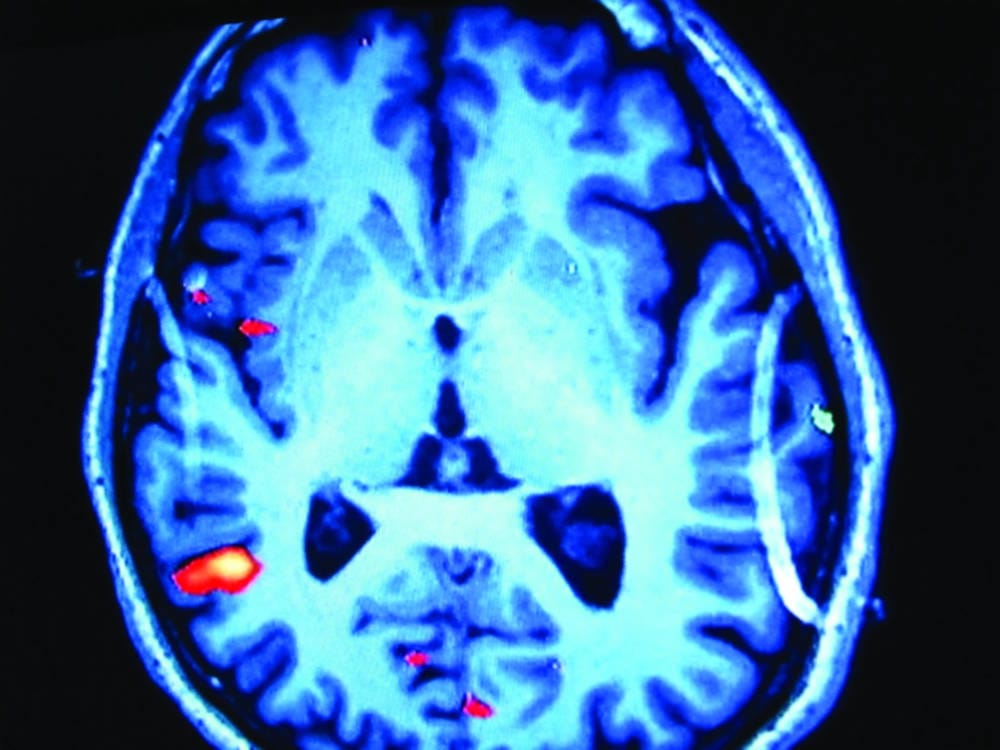New anti-psychotic drugs in pipeline
New anti-psychotic drugs in pipeline

Schizophrenia could be caused by abnormal levels of neurotransmitters dopamine and glutamate, according to new research carried out at Imperial College London.
Researchers found evidence that glutamate-releasing cells in the hippocampus influence the activity of dopamine-releasing cells, which in turn are linked with causing psychosis.
The Medical Research Council funded the research and the team scanned the brains of 16 people at-risk for psychosis and 12 healthy volunteers, to measure levels of dopamine and glutamate.
A correlation was found between the glutamate levels in the hippocampus and the dopamine levels in the brain.
This is strong evidence that there could be a link between glutamate and psychosis in many patients.
Current medication used to treat schizophrenia blocks the effects of dopamine in the brain and can have serious side effects. Some side effects are bad enough to stop the patient taking the medication.
This research suggests that drugs that interfere with glutamate signals in the brain may be able to prevent psychotic symptoms in schizophrenia sufferers, hopefully with less negative side effects.





